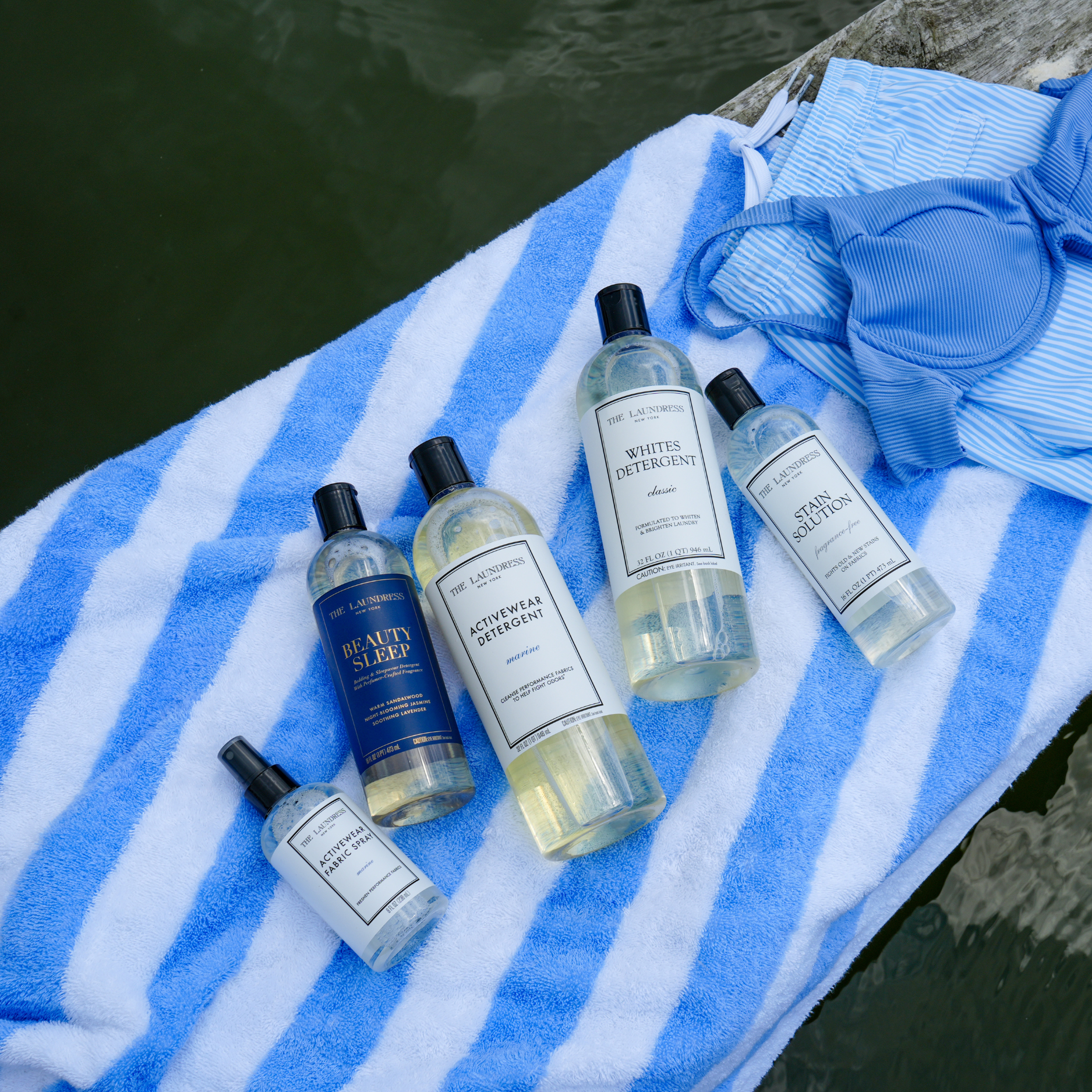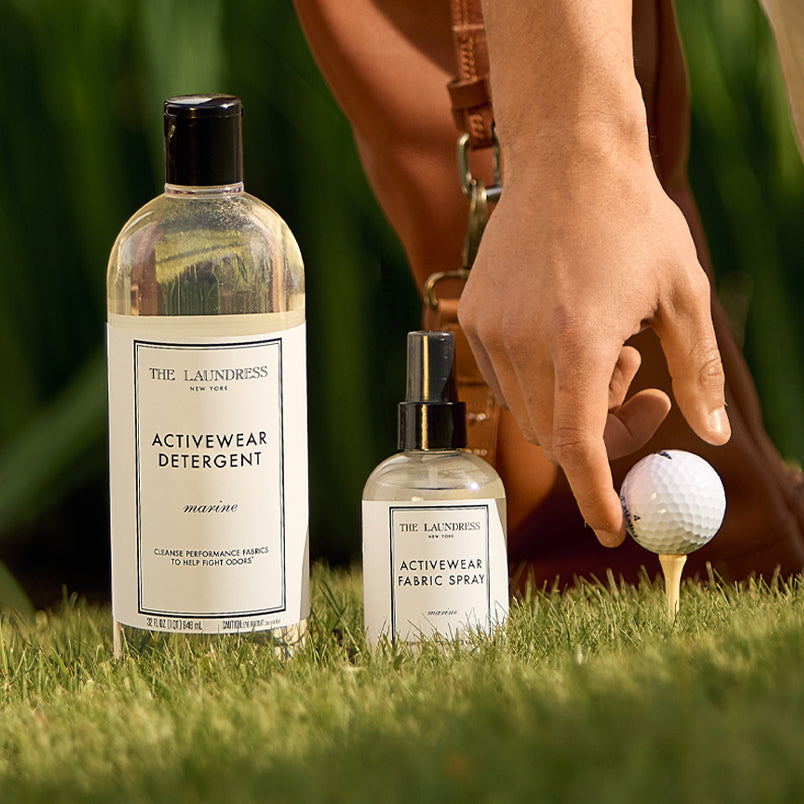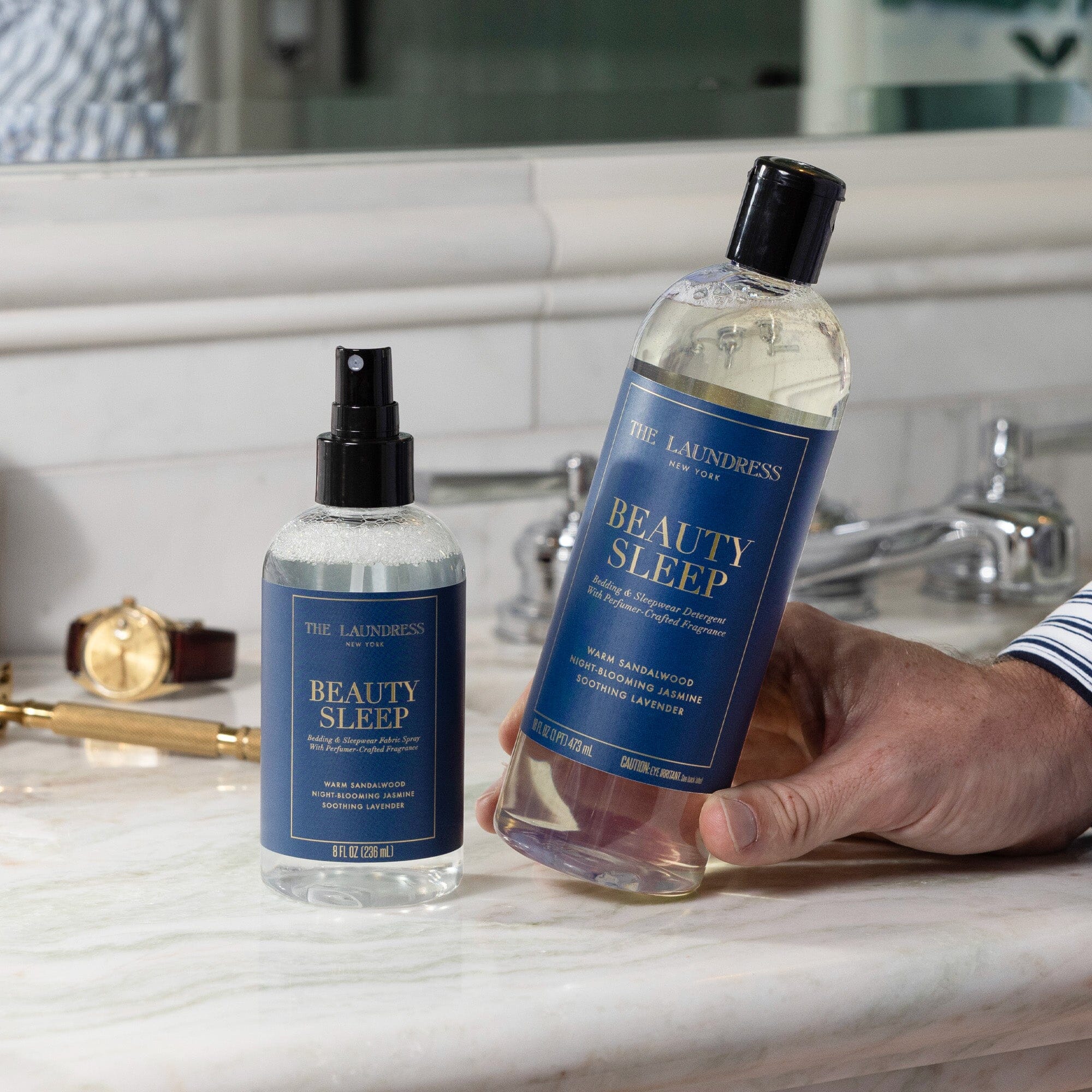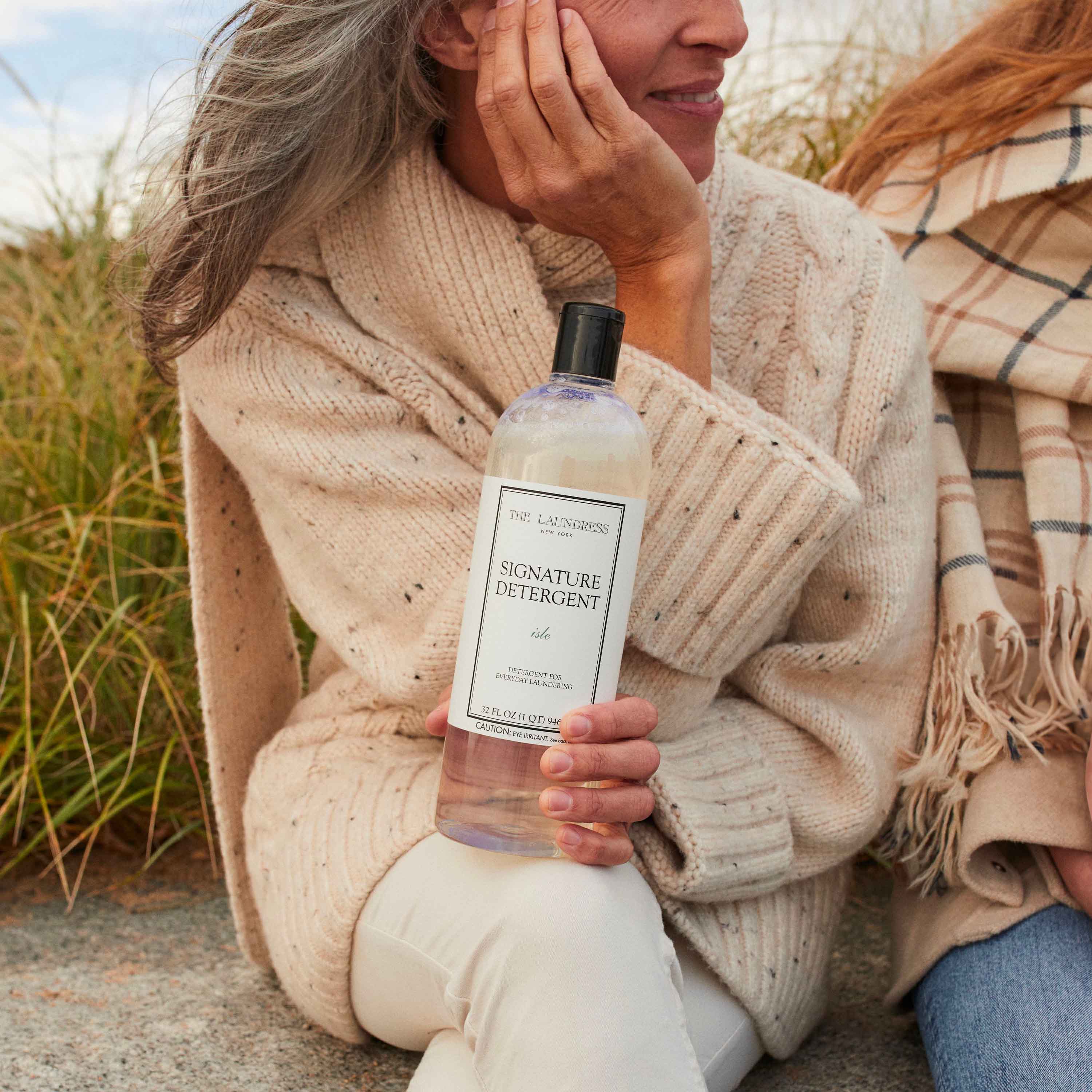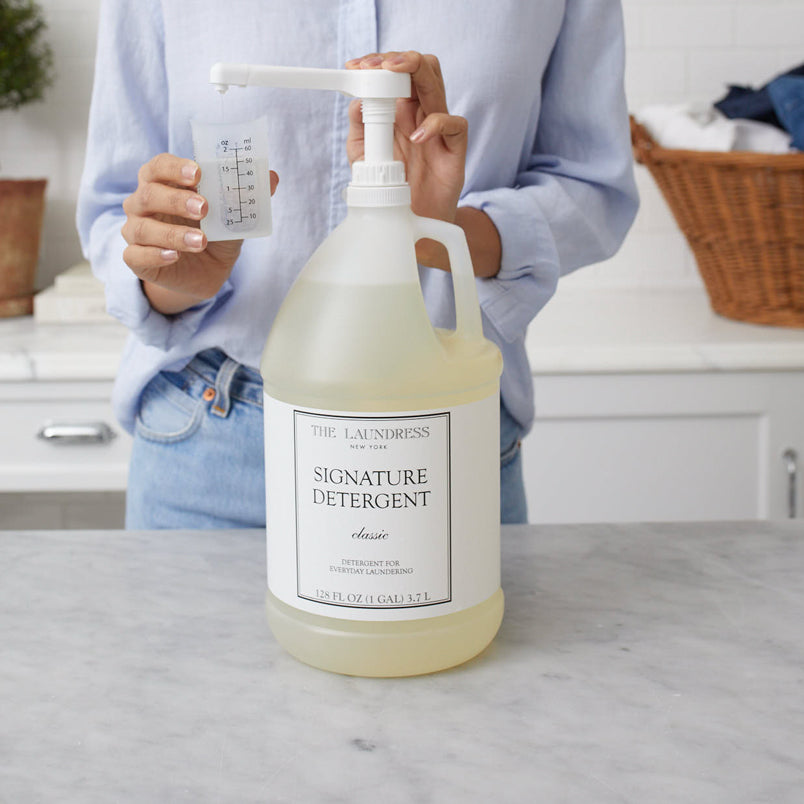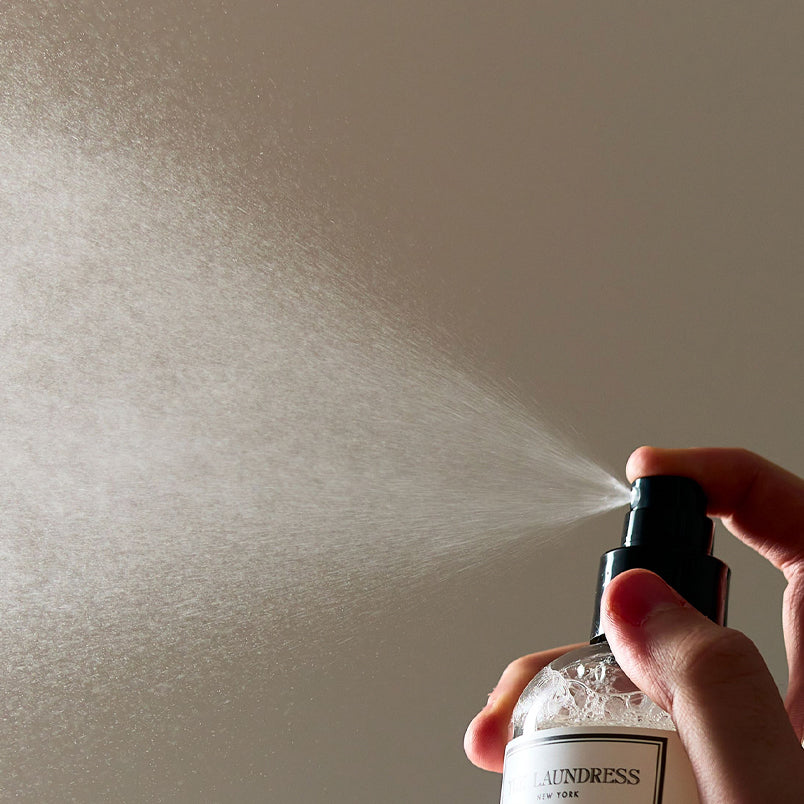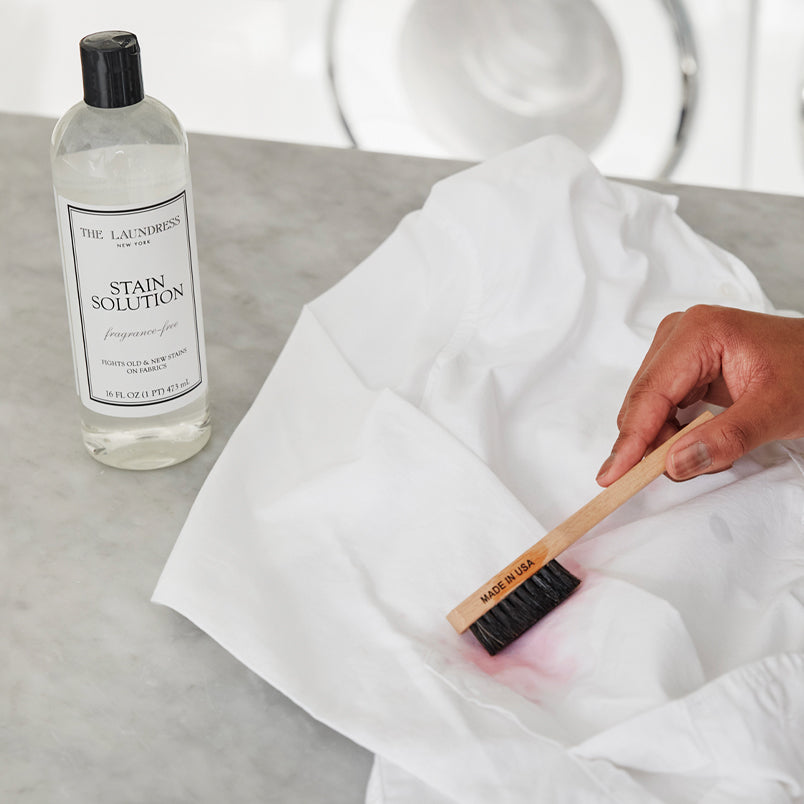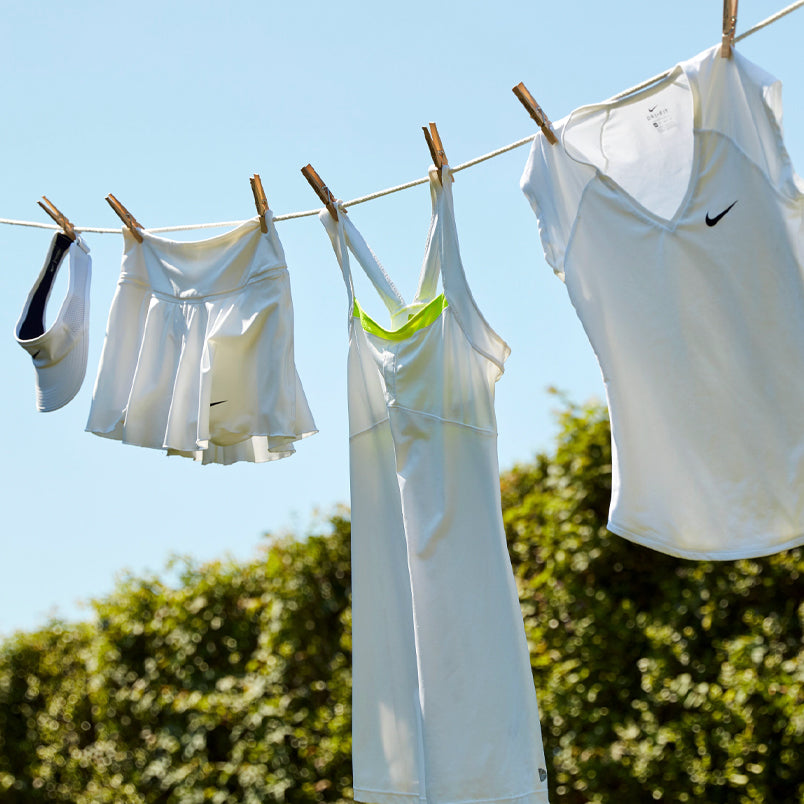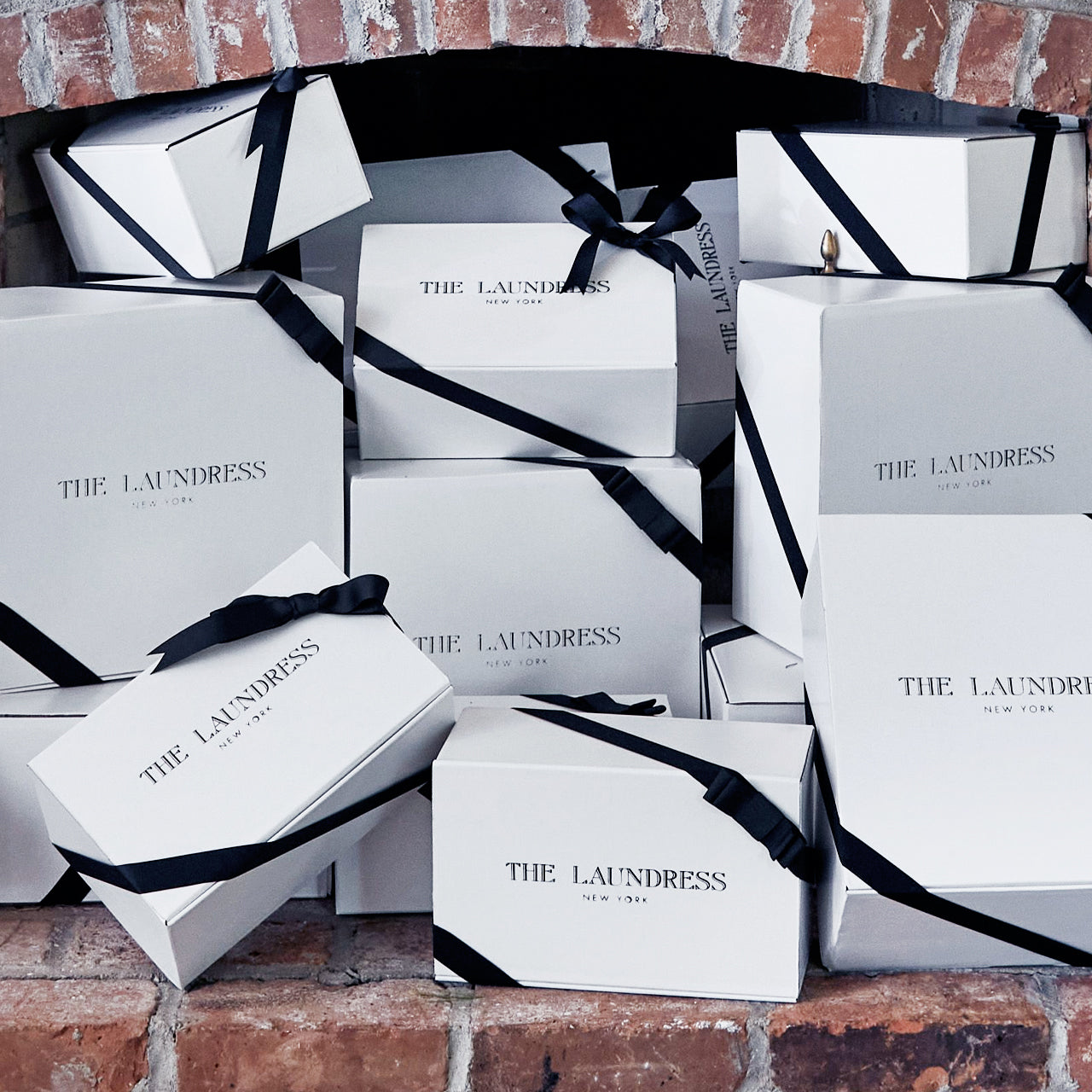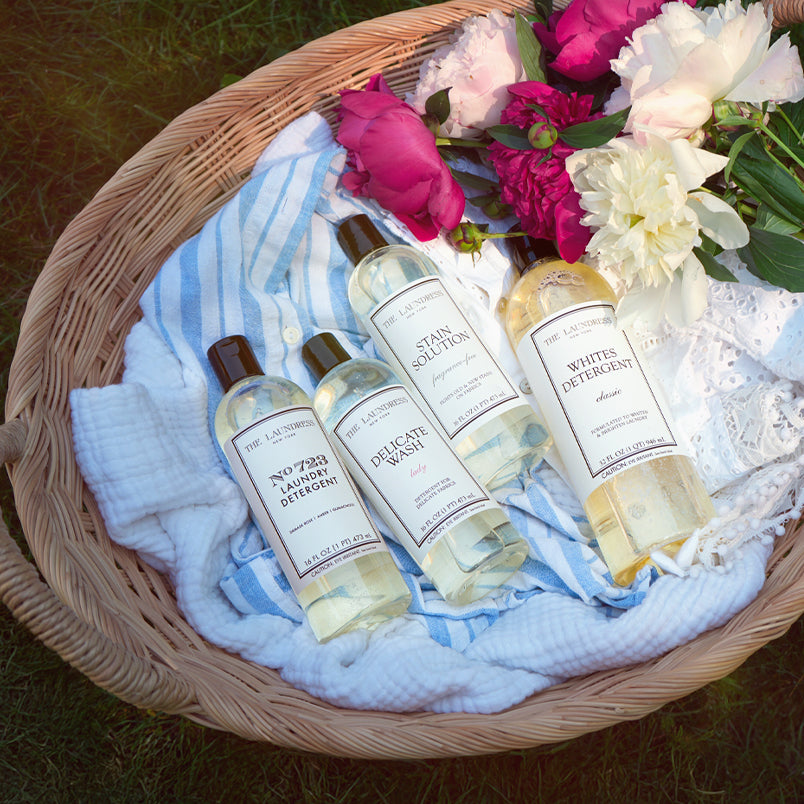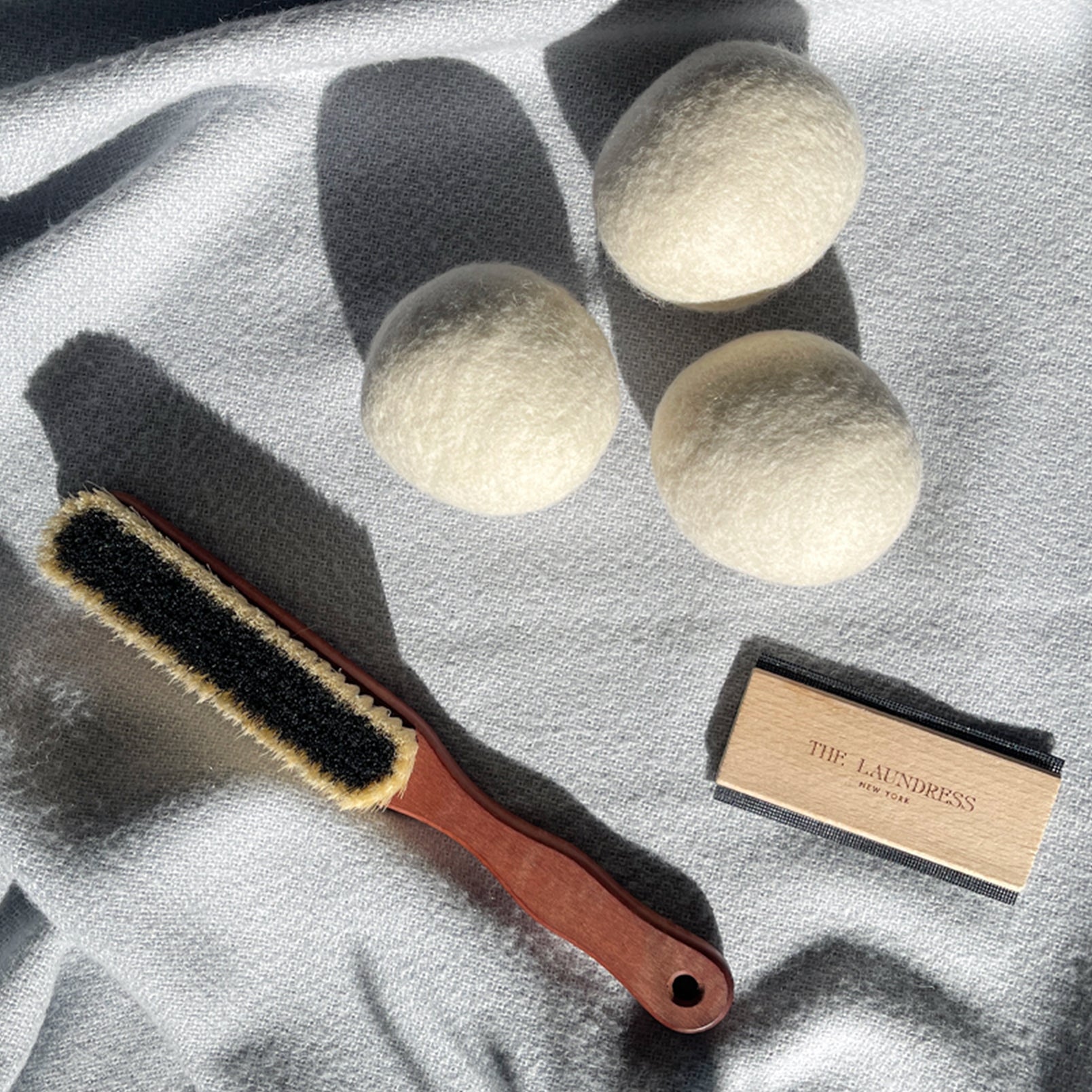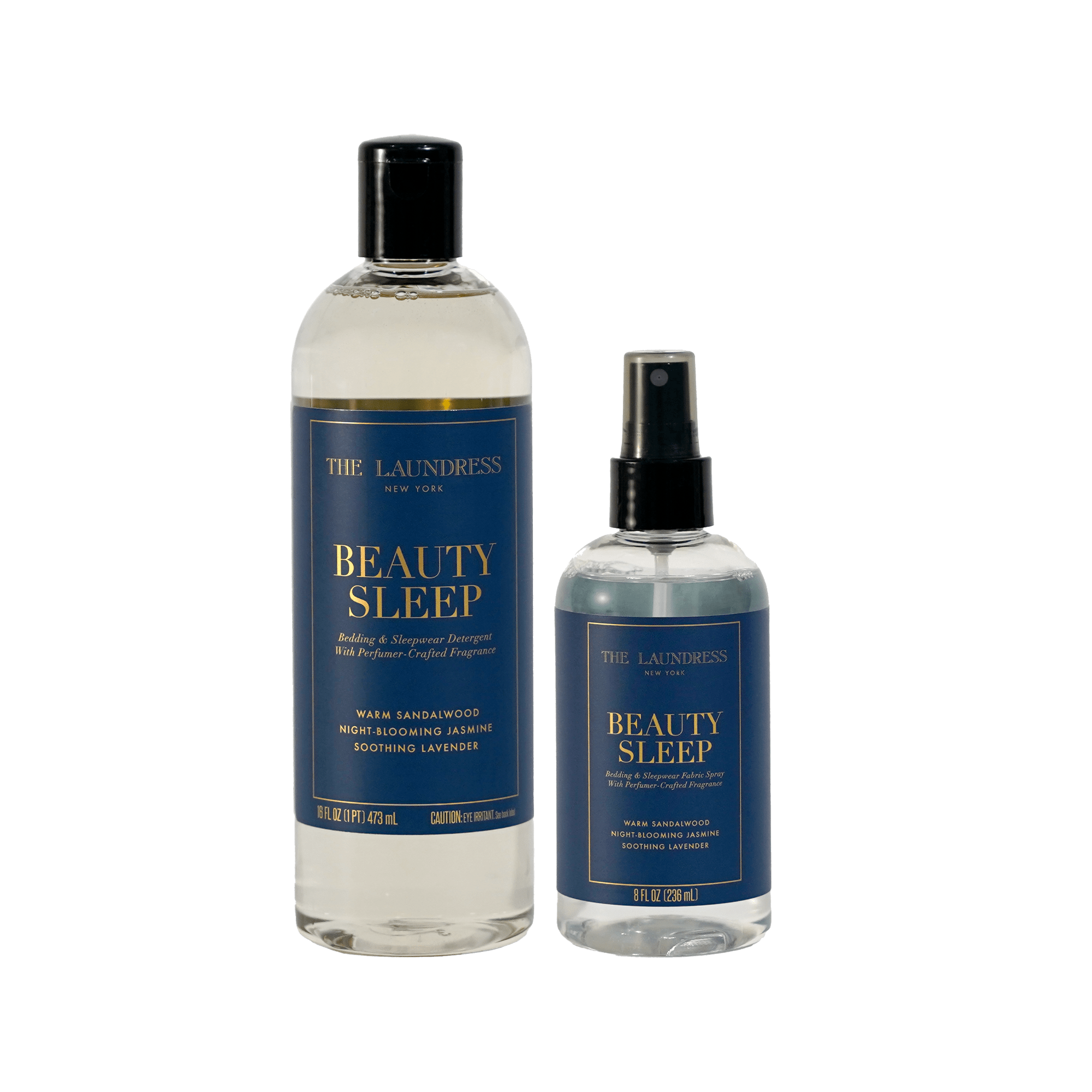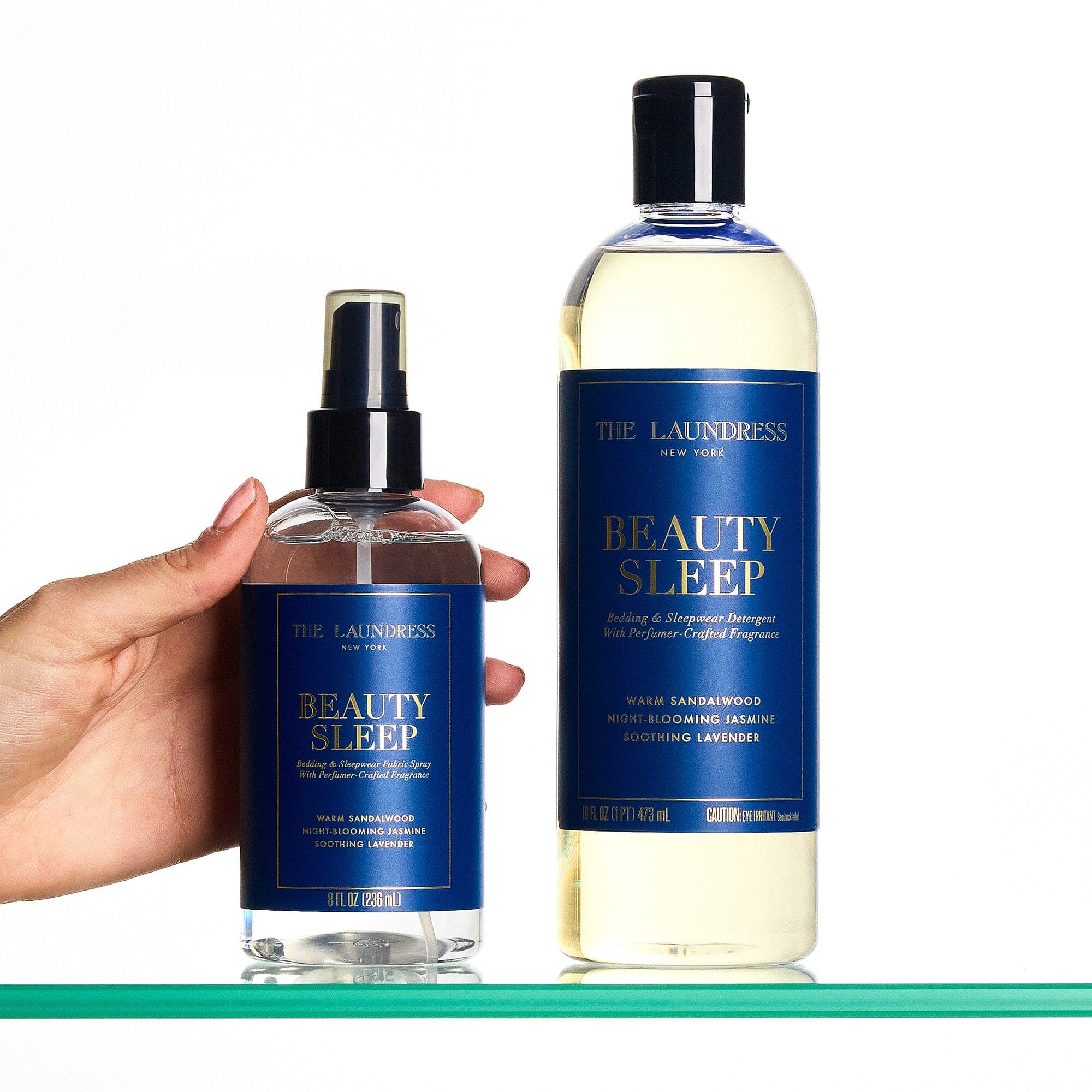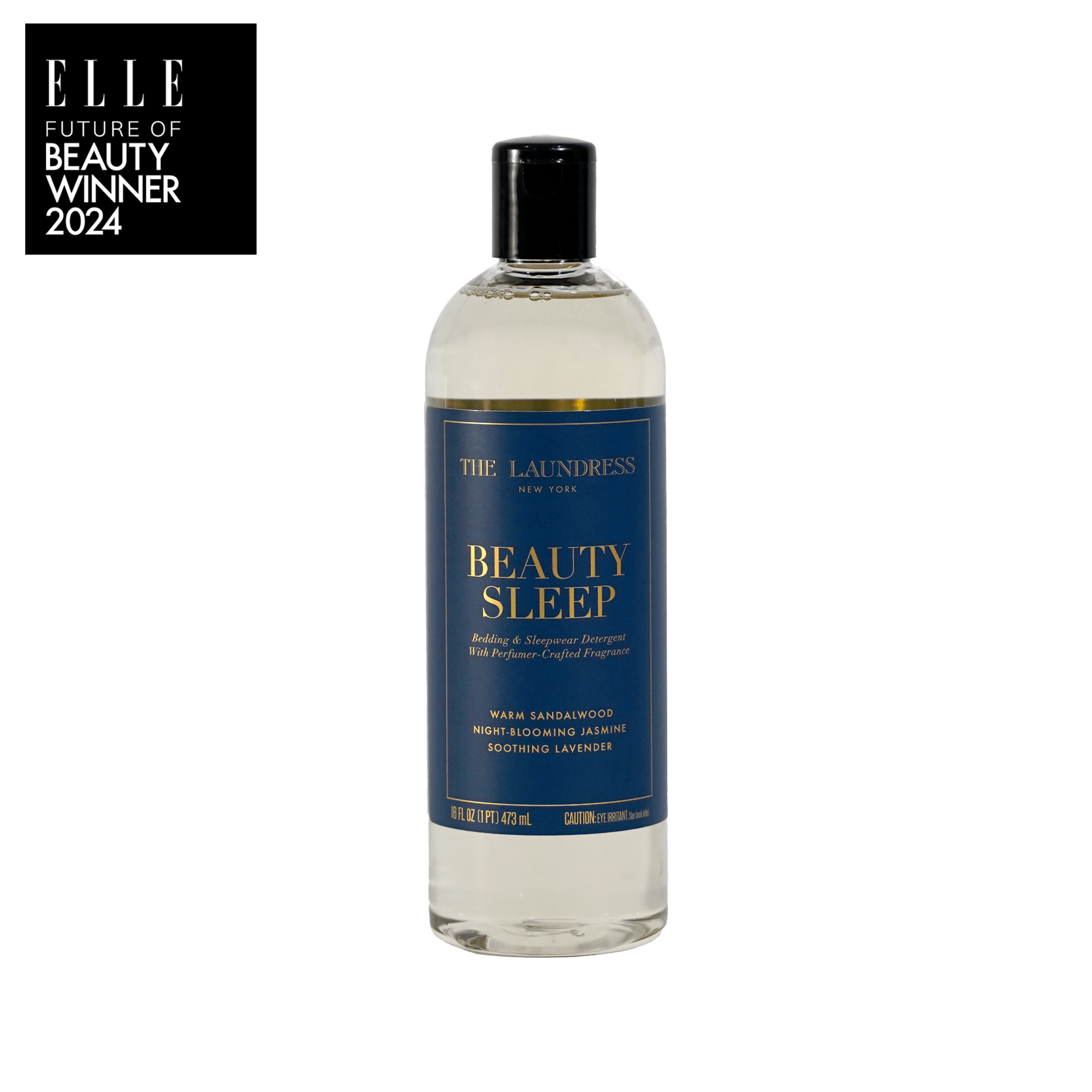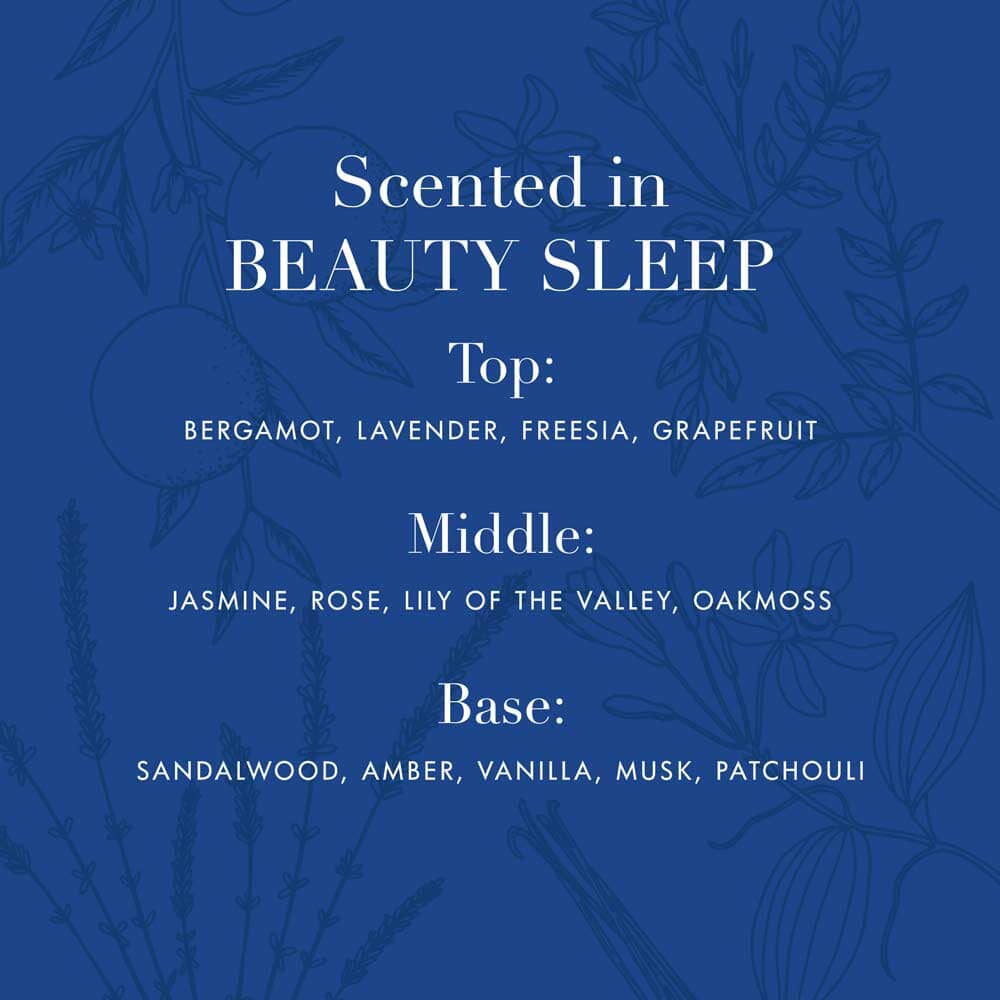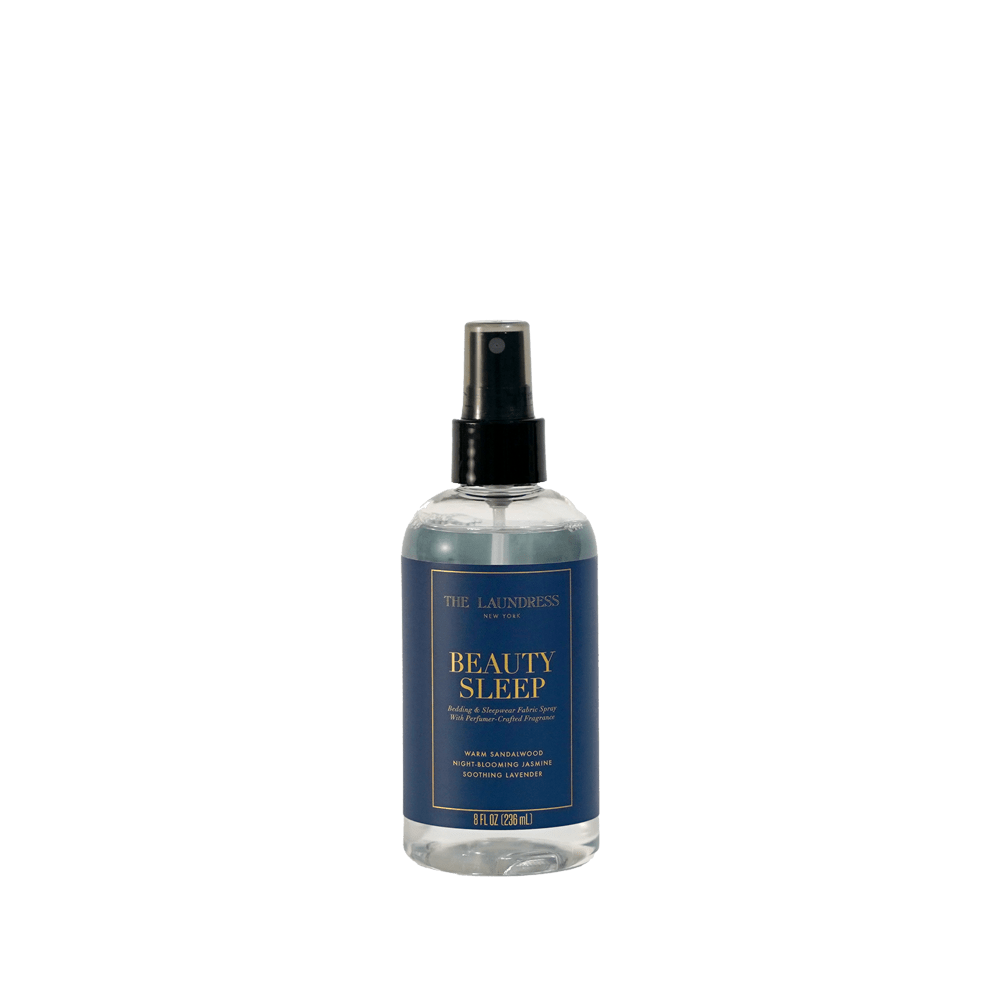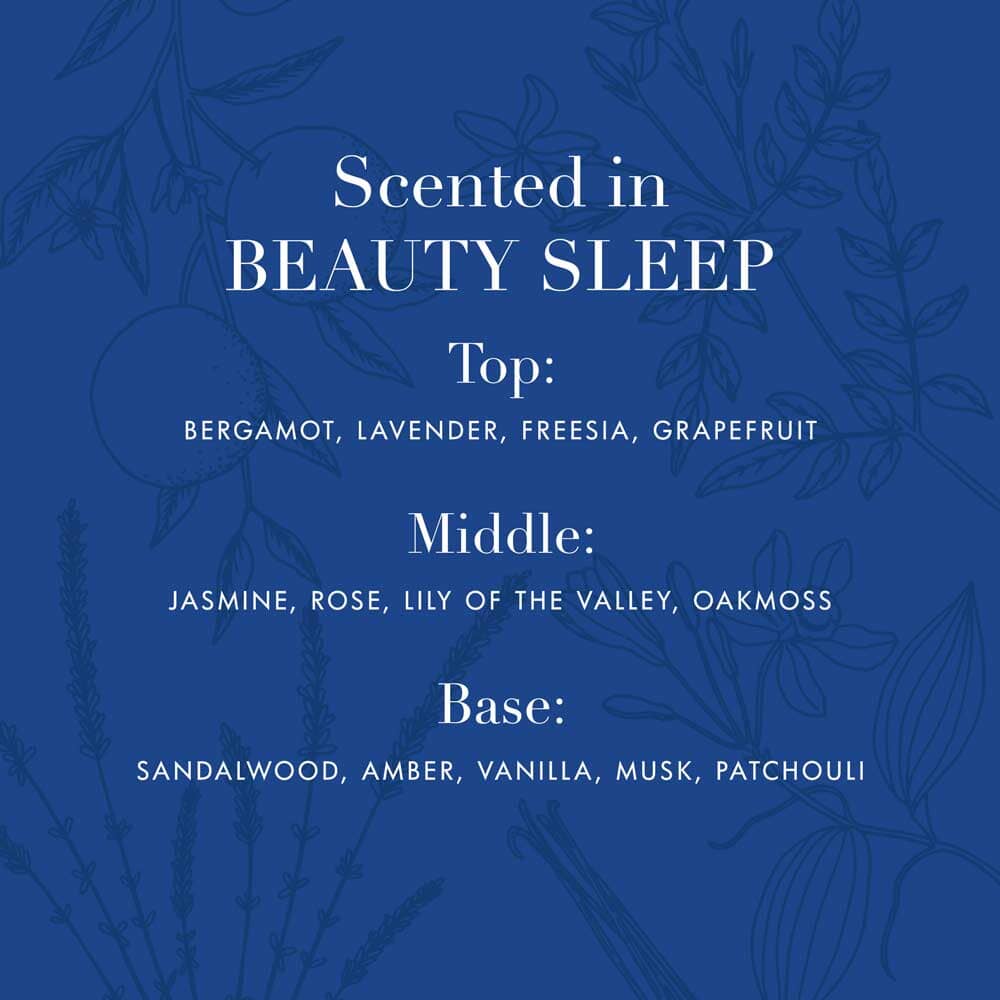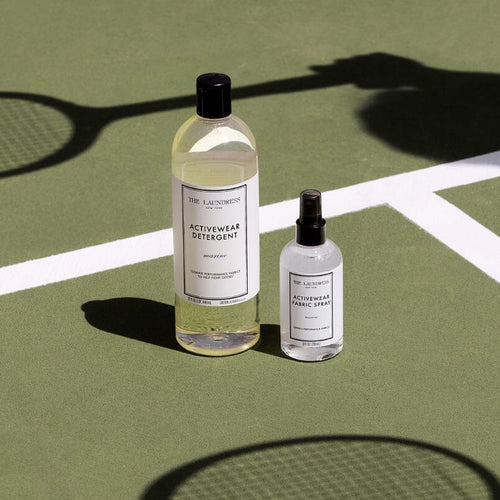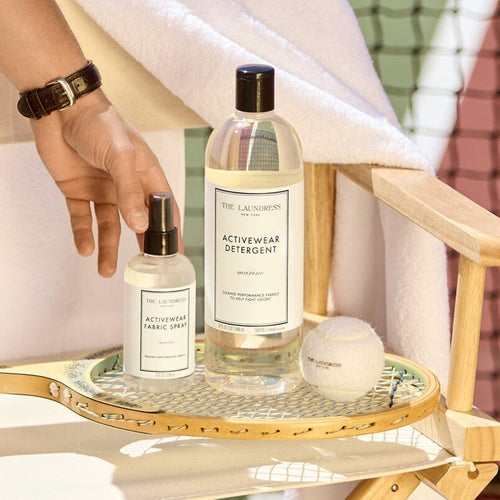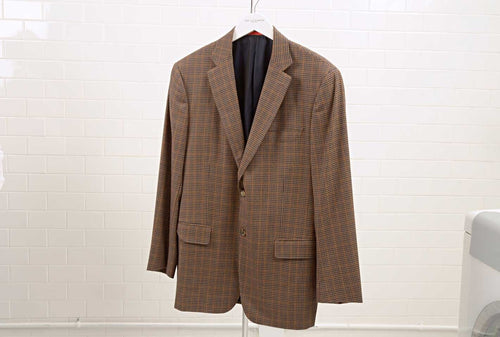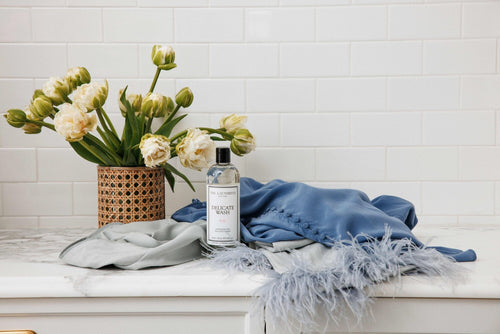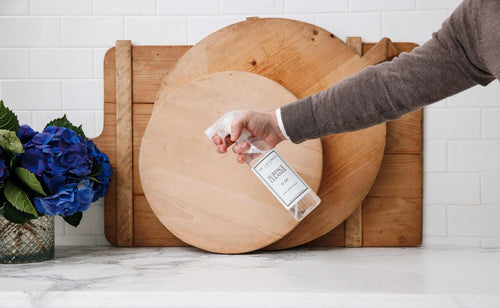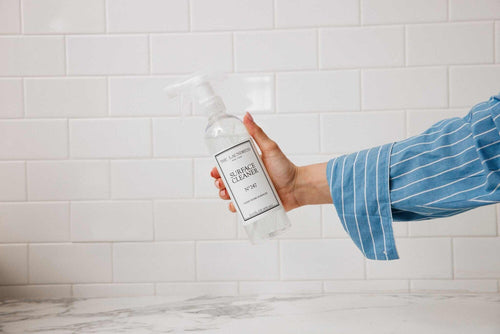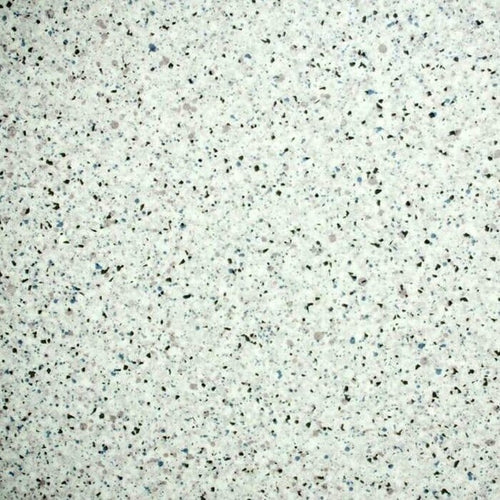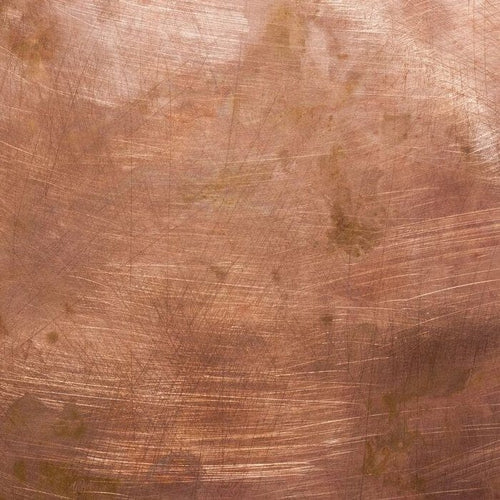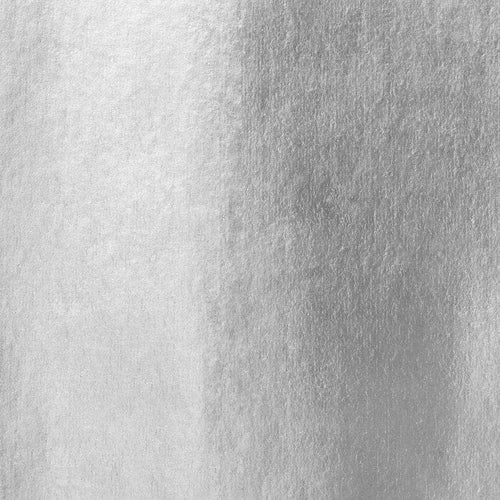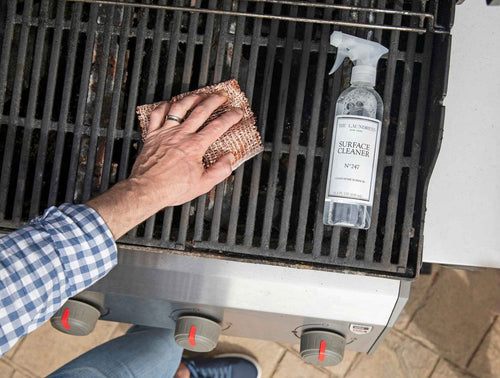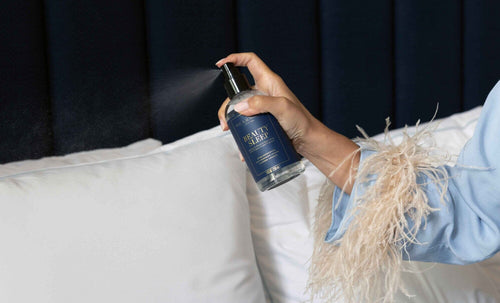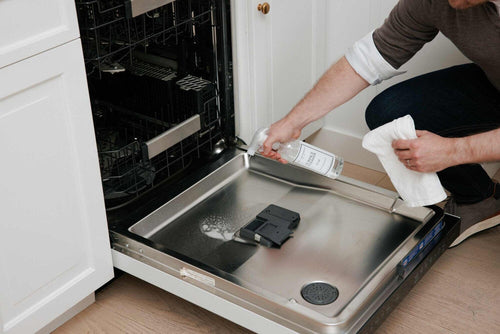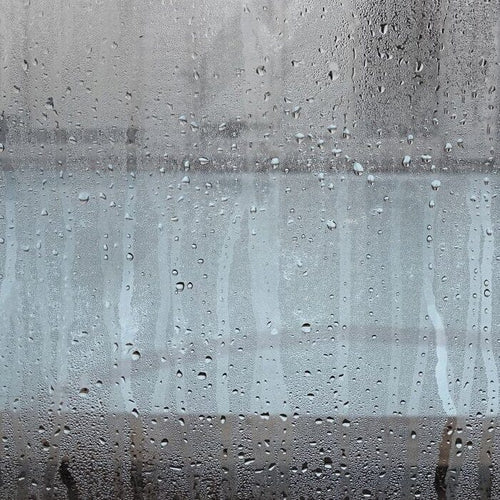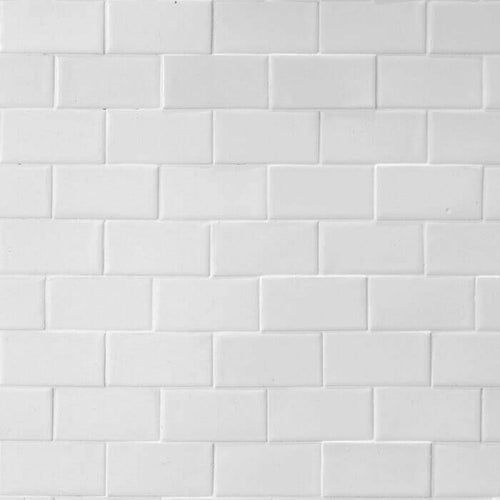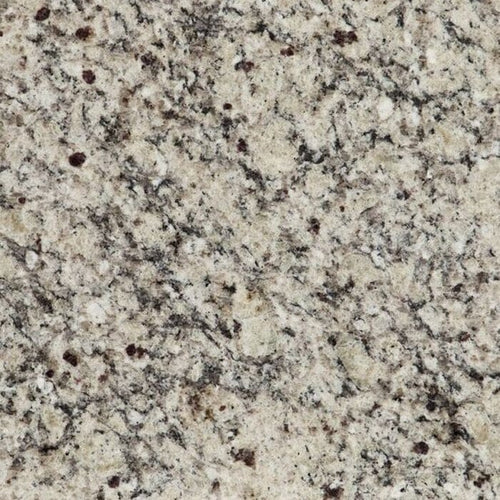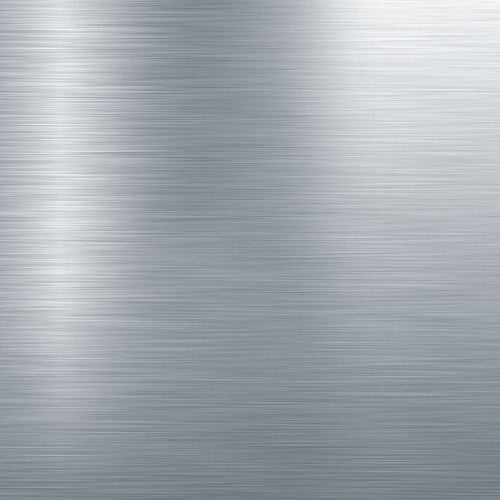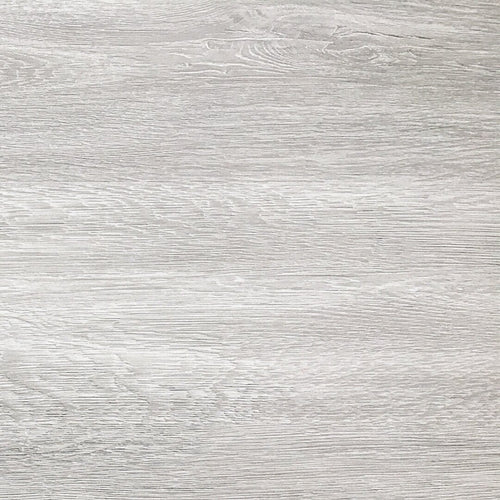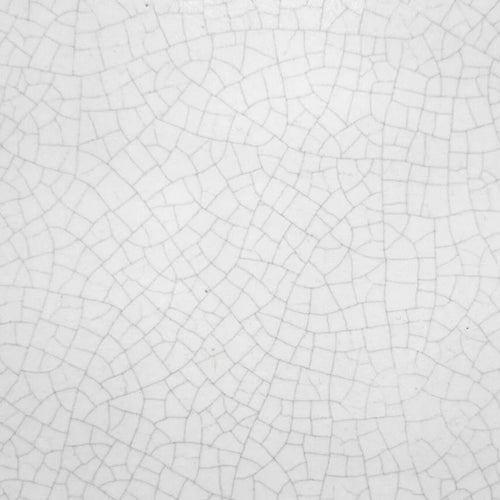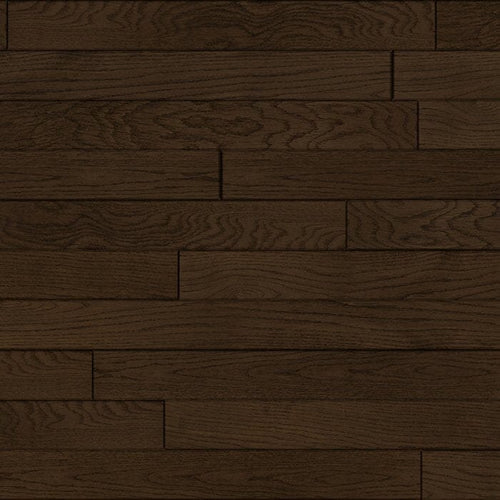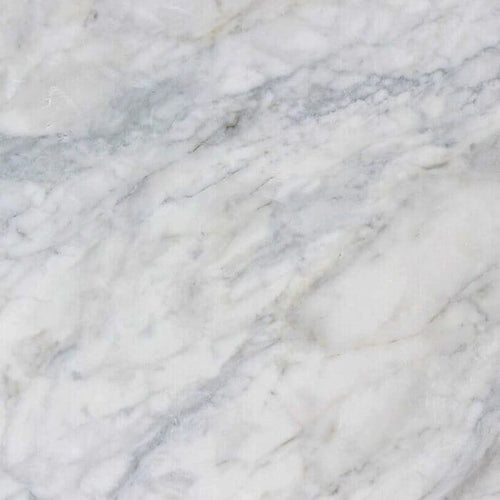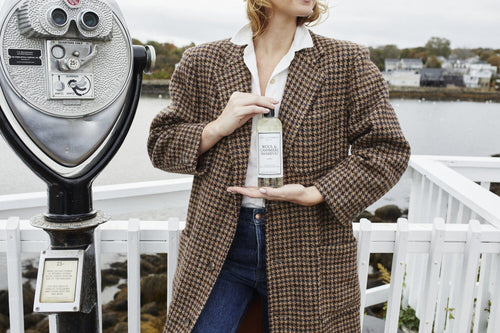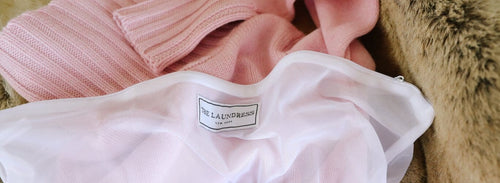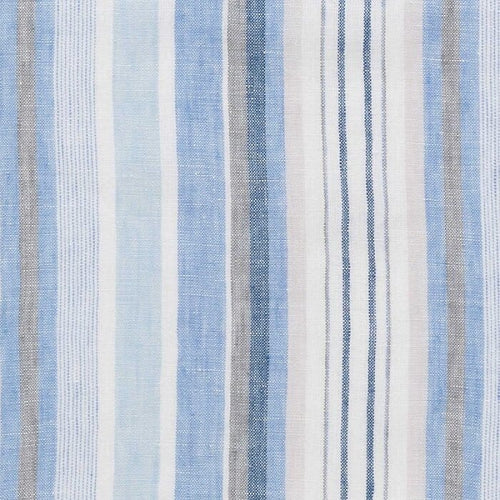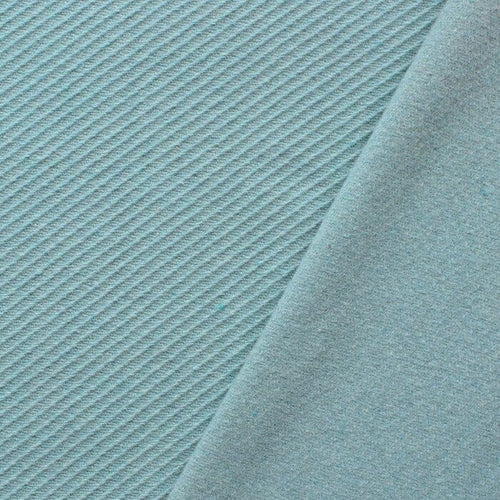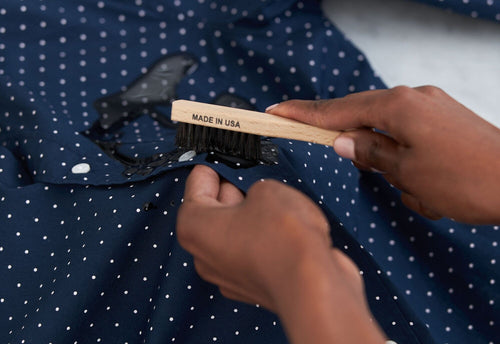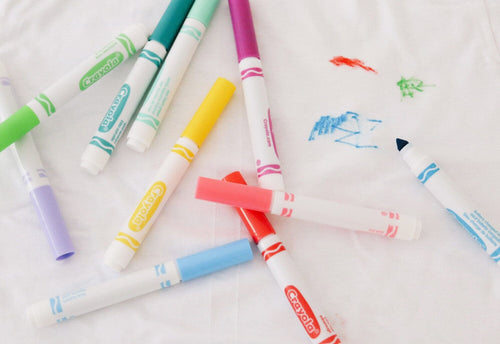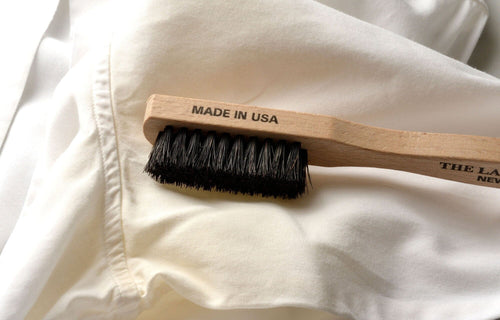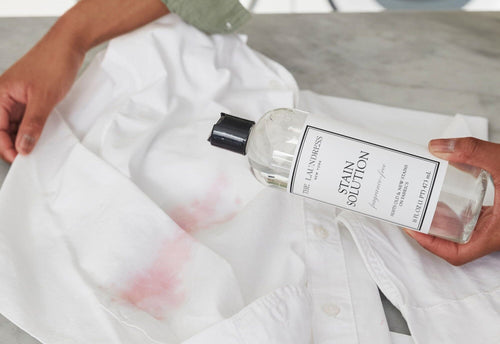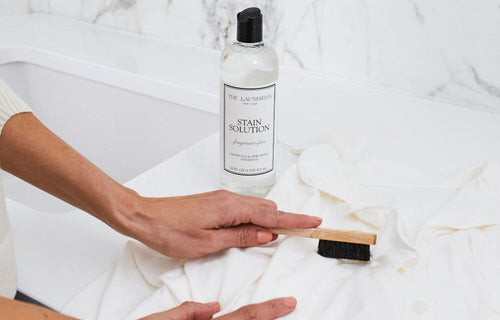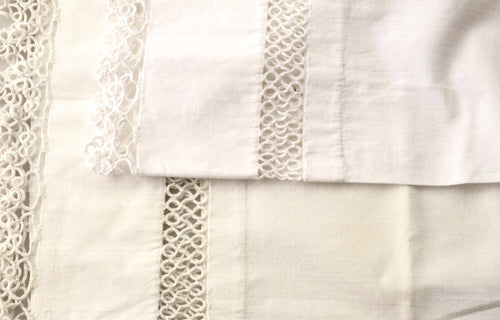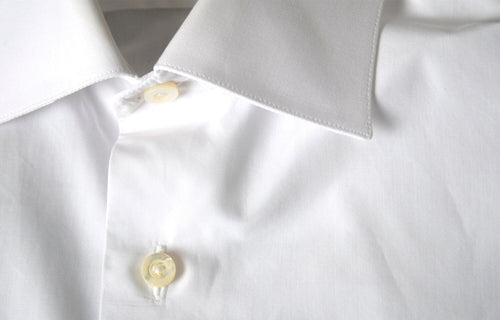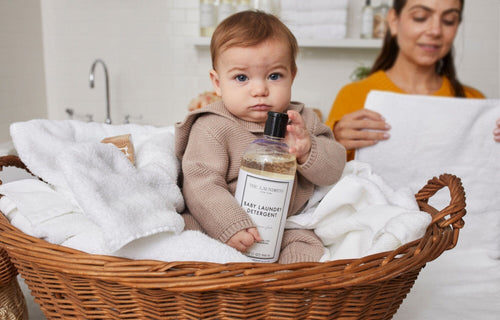The key to stepping up your laundry game begins with understanding laundry detergent ingredients and how they work to clean your clothes. Find out more about the different types of enzymes in laundry detergents and how they work to treat stains and deep clean fabrics. Ever wonder which laundry detergent to use? What's the best laundry detergent? When to use fabric softener? Is fabric softener necessary? Or, why use fabric softener at all? What are fabric softener's uses? Learn the answers and more, below!
Detergent, Stain Treatments & Laundry Soap
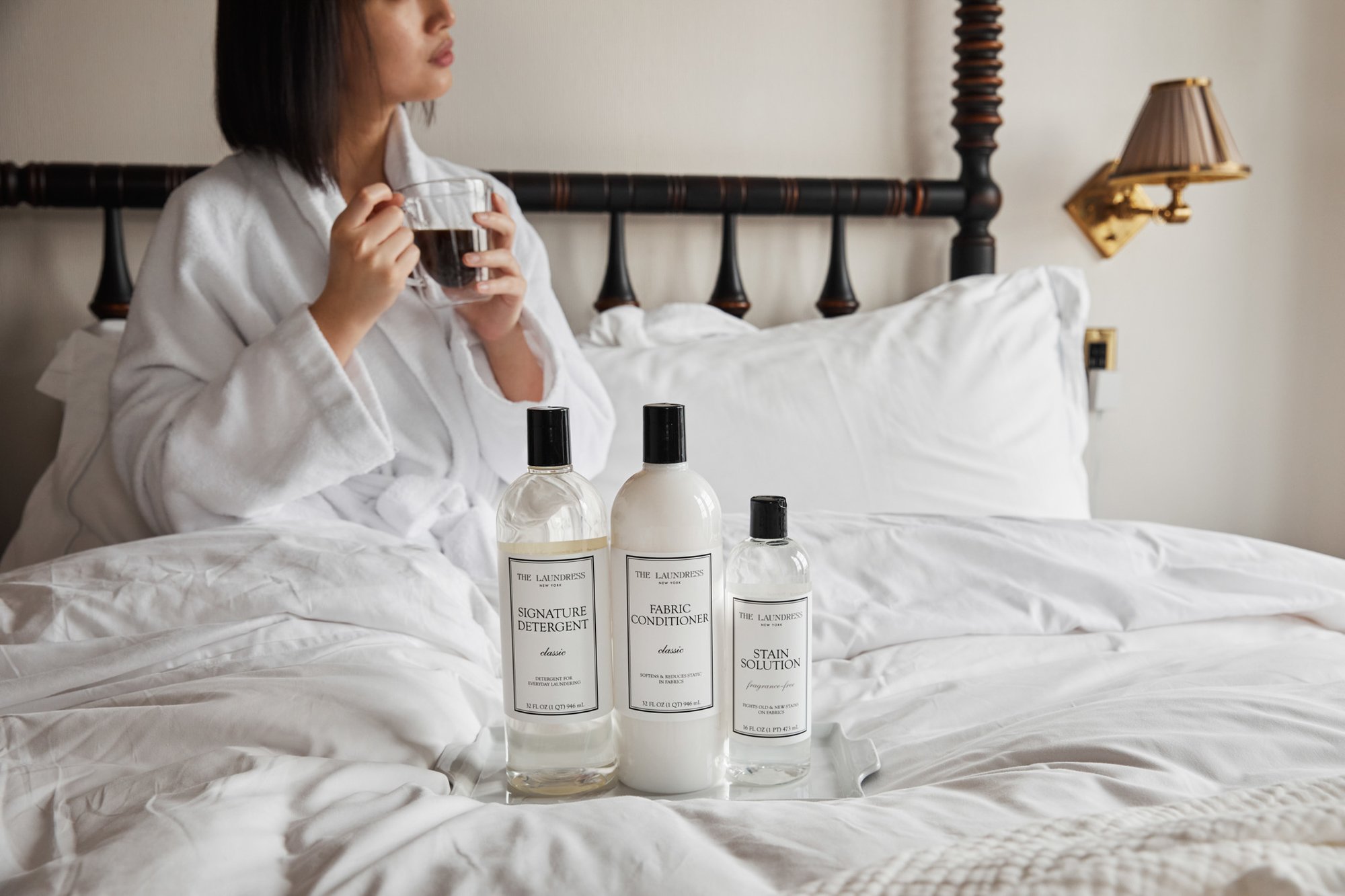
What's the difference between laundry detergent and soap? Laundry detergent is a fabric cleaning formula, typically designed with surfactants and enzymes to help cleanse and remove stains. In some cases, detergent with enzymes may be referred to as a "bio" or "biological" formulation. The Laundress Signature Detergent is an enzymatic laundry detergent that's also USDA certified bio-based. Enzymes are an important part of the cleaning process when washing everyday fabrics, as they help to fight stains and clean fabrics. However, certain enzymatic detergent formulations are not ideal for natural fabrics like wool and silk. That's why it's not advisable to wash wool or silk with normal, everyday detergent. A laundry soap that does not include enzymes is not the same as a regular laundry detergent. Instead, it may be called "soap," "wash," or go by another name. In some countries, this type of laundry soap is referred to as "non-bio" or "non-biological." Two examples of enzyme-free laundry solutions are Wool & Cashmere Shampoo and Delicate Wash. How does detergent work? Enzymatic laundry detergents contain various enzymes, depending on the detergent brand. They are designed to work during the wash cycle to clean your clothes. Each enzyme has a specific target, similar to the way enzymes work during your digestive process. For example, the triple enzyme complex in our Signature Detergent targets visible and set in stains, dirt, oil: During the cleaning process, enzymes target various particles, which are then suspended in the water by the surfactant system. During the rinse cycle, the particles are washed away. Do I need a stain remover? Do stain treatments work the same way as detergents? There are many stain treatment products on the market, and you may be wondering which stain remover is right for you! Stain treatments differ in their functionality depending on the ingredients and type of stains they are intended to treat. Some may act as a pre-treatment before washing (like our Stain Solution), and some may be more of a spot-treat for use outside of the wash. Enzymatic stain treatments work similarly to enzymatic detergents, but they might be more concentrated depending on the formula. The Laundress Stain Solution contains a powerful triple enzyme complex that's designed to be applied directly to stains before the wash. To maximize stain treatment, pair with our Signature Detergent and wash fabrics on the warmest water the fabric type can tolerate.
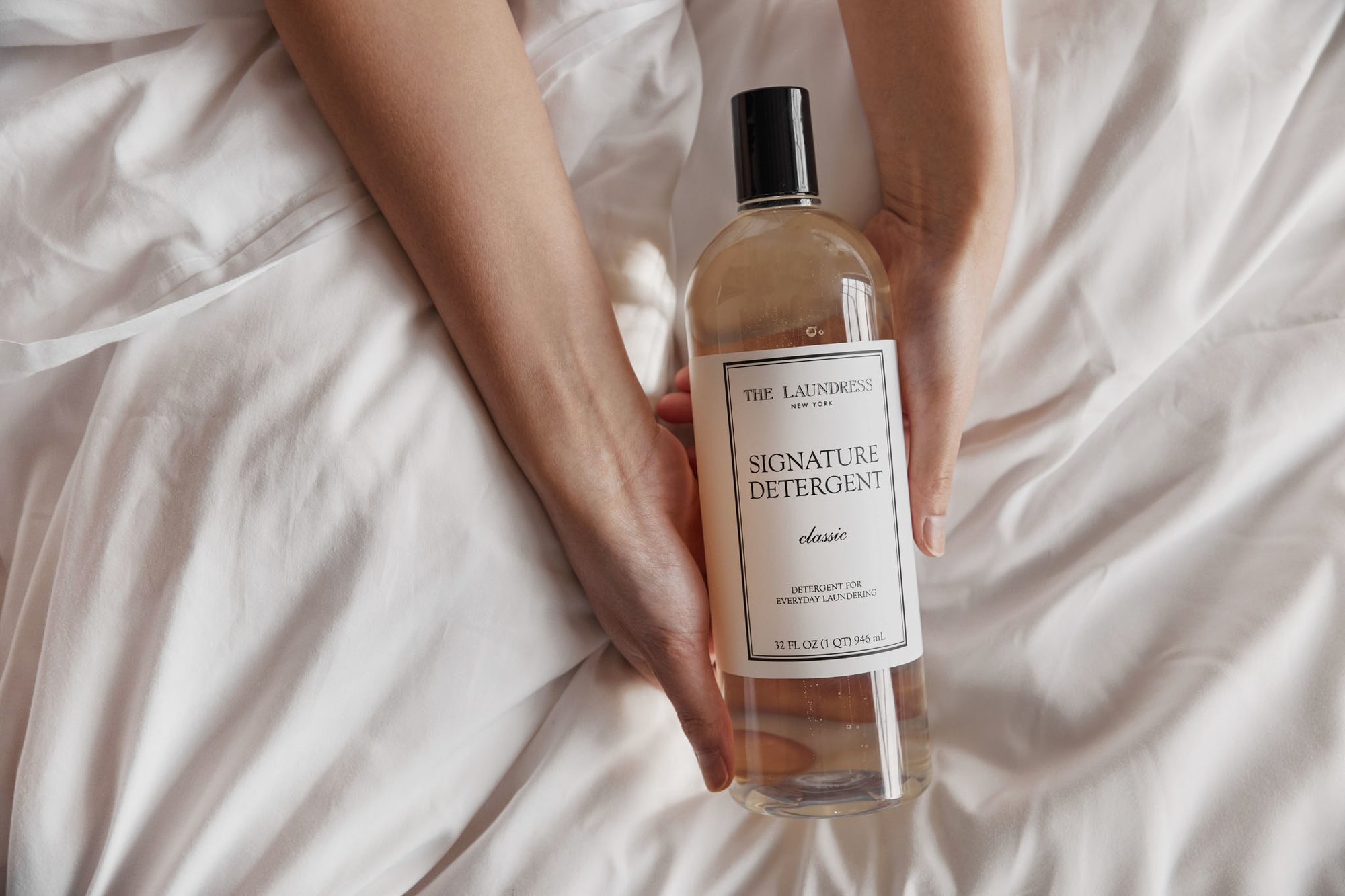
Fabric Conditioner & Dryer Sheets
Does fabric softener work? Fabric conditioner, or fabric softener, is designed to use with laundry detergent to maximize softness and reduce static on fabrics. It's also a great way of adding a boost of scent to your laundry routine! Fabric softener efficacy varies by brand and type. We recommend selecting a high-quality fabric conditioner formula, like our Fabric Conditioner Classic to pair with your laundry detergent. Which is better, fabric softener or dryer sheets? Both fabric softener and dryer sheets work to soften your clothes. Fabric softener is a liquid designed to be added to your machine's fabric softener dispenser, and is typically released during the rinse cycle. Single-use dryer sheets consist of dry, non-woven material coated in materials that help soften and reduce static. Both can be effective for softening fabrics, so select which is right for your laundry routine. Keep in mind that if you use dryer sheets, you'll need to regularly deep clean your dryer, as the materials can leave residue on the inside of your machine. Learn how here: How To Clean Your Washer & Dryer. Do not use fabric conditioner/softener or dryer sheets with: Flame-retardant items (e.g., children's sleepwear), silk, knits and woolens, or synthetics. Fabric conditioner coating reduces the absorbency of fibers. Therefore, we do not recommend using softeners with towels. If you prefer the feel of towels after using softener, use it only every few washes. Keep in mind that stiff-feeling towels are often the result of too much detergent. Can I soften clothes without conditioner or dryer sheets? Yes, it is possible to help fluff fabrics and reduce static during the dry cycle by using wool dryer balls (like our Dryer Balls Set). These handy woolen balls can be tossed into the dryer drum with laundry to help make drying more efficient without extra fragrances or dyes.


